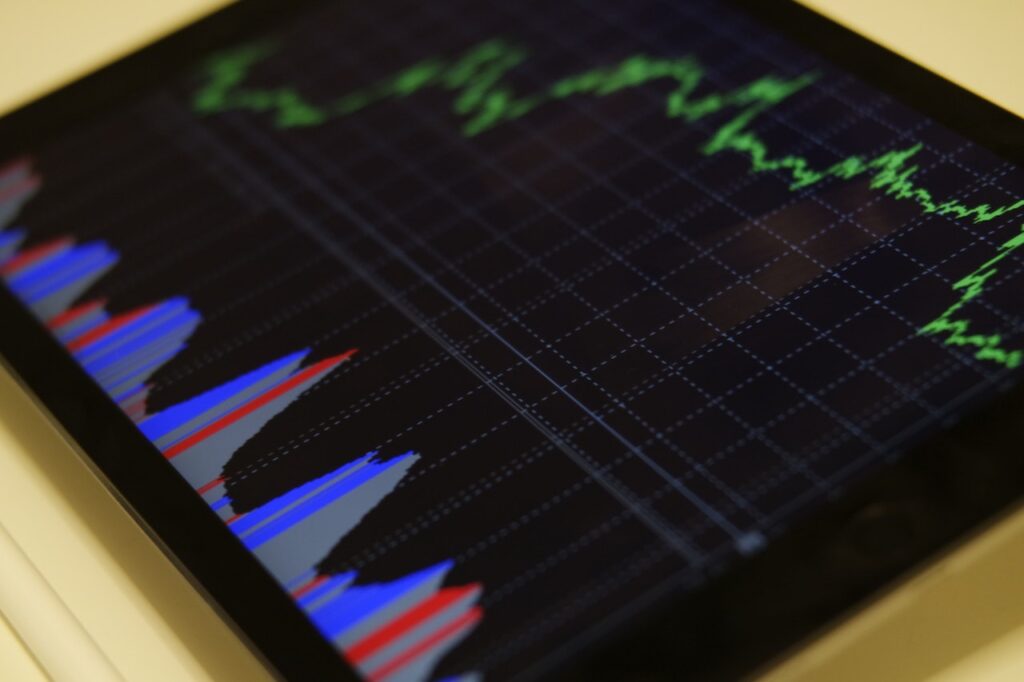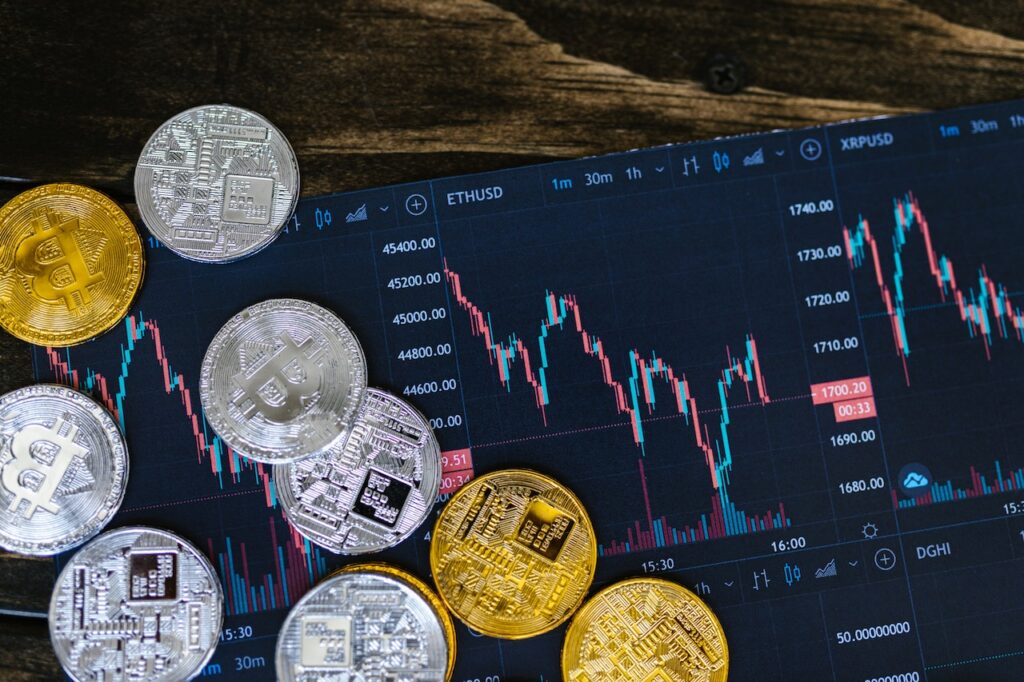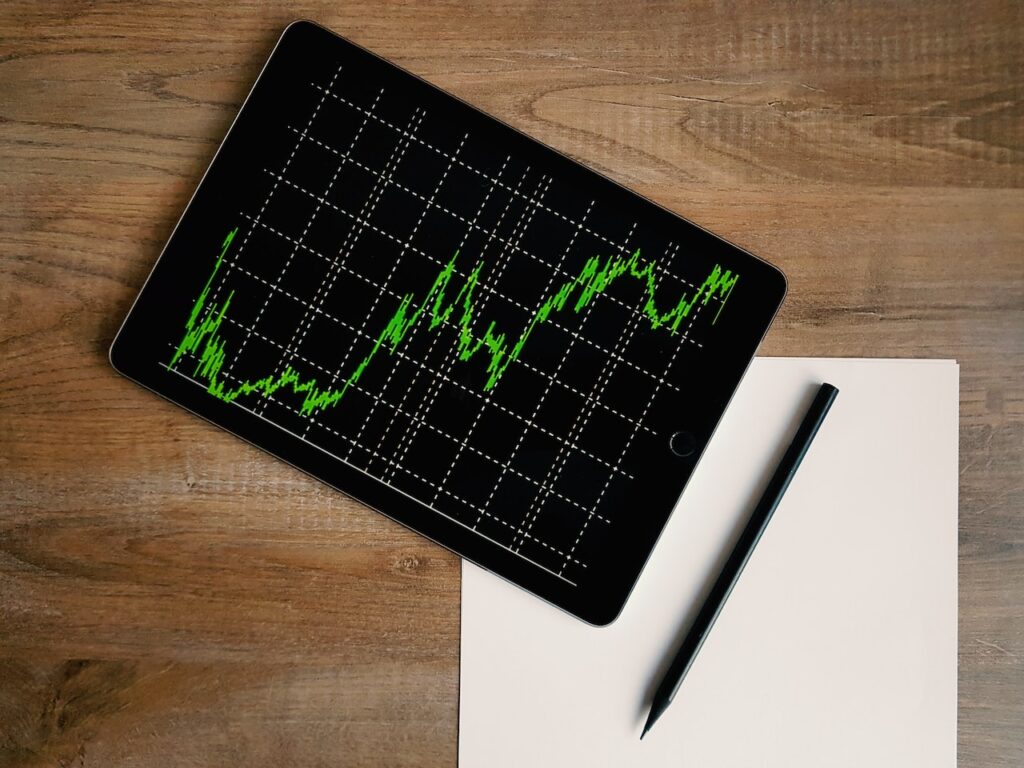1. Introduction to Forex Trading
Forex trading, also known as foreign exchange trading, is the process of buying and selling currencies on the global market. It has become increasingly popular among beginners looking to venture into the world of finance and take advantage of the potential profits offered by currency fluctuations. This article serves as a comprehensive guide to help beginners understand the fundamental concepts and strategies involved in forex trading. From understanding the basics of forex trading to exploring various trading strategies and risk management techniques, this article aims to equip beginners with the necessary knowledge to navigate the forex market confidently. So, whether you are completely new to trading or have some basic knowledge, read on to discover the top forex trading strategies for beginners.
1. Introduction to Forex Trading
1.1 What is Forex Trading?
Forex trading, short for foreign exchange trading, is the process of buying and selling currencies on the global foreign exchange market. It is the largest and most liquid financial market in the world, with trillions of dollars traded every day.
1.2 Advantages of Forex Trading
There are several advantages to forex trading that make it an attractive option for beginners. First and foremost, it offers high liquidity, meaning you can easily buy and sell currencies without worrying about market manipulation. The forex market also operates 24 hours a day, five days a week, so you can trade at any time that suits you. Additionally, forex trading allows for leverage, which means you can control large positions with a small amount of capital.
1.3 Risks of Forex Trading
While forex trading has its advantages, it’s important to be aware of the risks involved. The forex market is highly volatile and can be unpredictable, making it possible to experience significant gains or losses. It’s crucial to have a solid understanding of risk management and to only trade with money you can afford to lose. It’s also worth noting that forex trading requires continuous learning and staying up-to-date with market news and events.
2. Understanding the Basics of Forex Trading
2.1 Forex Market and its Participants
The forex market is a decentralized market where participants, such as banks, financial institutions, corporations, and individual traders, exchange currencies. The major players in the forex market are central banks, which intervene to stabilize their nation’s currency, and commercial banks, which facilitate transactions for their clients. Retail traders like us play a smaller role but can still participate and profit from currency fluctuations.
2.2 Major Currency Pairs
In forex trading, currencies are traded in pairs. The most commonly traded currency pairs are known as the major currency pairs, which include the US dollar (USD) paired with other major currencies such as the Euro (EUR), Japanese yen (JPY), British pound (GBP), and Swiss franc (CHF). These pairs offer high liquidity and tighter spreads, making them popular choices for beginners.
2.3 Reading Forex Quotes
Forex quotes consist of two prices: the bid price and the ask price. The bid price is the price at which you can sell the base currency, while the ask price is the price at which you can buy the base currency. The difference between the bid and ask price is known as the spread. For example, if the EUR/USD currency pair is quoted as 1.1000/1.1005, you can sell 1 euro for 1.1000 US dollars or buy 1 euro for 1.1005 US dollars.
3. Essential Tools and Platforms for Forex Trading
3.1 Choosing a Reliable Forex Broker
Choosing a reliable forex broker is crucial for a successful trading experience. Look for brokers regulated by reputable financial authorities and with a good track record. Consider factors such as trading platforms, customer support, withdrawal options, and trading fees. It’s also wise to start with a demo account to test the broker’s platform and trading conditions before investing real money.
3.2 Forex Trading Platforms
Forex trading platforms are software that allows you to access the forex market and execute trades. Popular platforms include MetaTrader 4 (MT4) and MetaTrader 5 (MT5). These platforms provide charts, technical indicators, and tools to help you analyze the market and make informed trading decisions. They also offer features like stop-loss orders and take-profit orders to manage your risk.
3.3 Forex Charts and Indicators
Forex charts are visual representations of price movements over time. They provide valuable information about trends, support and resistance levels, and patterns. Technical indicators, such as moving averages, oscillators, and trend lines, can be applied to charts to help identify entry and exit points. It’s important to understand how to read and interpret charts and use indicators effectively to make informed trading decisions.
4. Fundamental Analysis: A Beginner’s Guide
4.1 Understanding Economic Indicators
Fundamental analysis involves analyzing economic indicators to evaluate the overall health and stability of a country’s economy. Key economic indicators include GDP (Gross Domestic Product), inflation rates, interest rates, employment data, and consumer confidence. By understanding these indicators, you can gauge the strength of a currency and make informed trading decisions based on economic trends.
4.2 Impact of News and Events on Currency Markets
News and events, such as political developments, economic announcements, and natural disasters, can have a significant impact on currency markets. It’s important to stay updated with the latest news and understand how it may affect currency values. Major news can cause volatility and rapid price movements, presenting both opportunities and risks for traders.
4.3 Analyzing Central Bank Policies
Central banks play a crucial role in forex markets by setting monetary policies and managing interest rates. Changes in monetary policies, such as interest rate hikes or cuts, can have a profound impact on currency values. It’s important to monitor central bank decisions and statements to understand the direction of a currency and adjust your trading strategy accordingly.
Remember, forex trading is a journey that requires continuous learning and practice. By understanding the basics, utilizing essential tools and platforms, and staying informed with fundamental analysis, beginners can navigate the forex market with more confidence and increase their chances of success.
5. Technical Analysis: Key Concepts and Indicators
5.1 Candlestick Patterns
Candlestick patterns are like the emojis of the forex market. They provide important information about price movements and help traders make better decisions. From dojis that signal indecision to bullish engulfing patterns that scream “buy me,” these little candlestick figures can tell you a lot if you learn their language.
5.2 Support and Resistance Levels
Support and resistance levels are like the bouncers of the forex club. They determine if price can enter a certain zone or if it’s time to kick it out. These levels are formed when price hits a certain point multiple times and refuses to go further. Traders love to hang out around these levels because they often indicate potential reversals or breakouts.
5.3 Moving Averages and Oscillators
Moving averages and oscillators are like the cool kids of the forex market. They help traders spot trends and momentum. Moving averages smooth out price fluctuations and show you the general direction of the market, while oscillators like MACD and RSI measure the speed and strength of price movements. It’s like having your own personal hype meter.
6. Developing a Forex Trading Plan
6.1 Setting Trading Goals
Setting trading goals is like having a GPS for your forex journey. It helps you stay focused and prevents you from getting lost in the sea of charts and indicators. Whether you want to make a certain amount of profit each month or become the next forex superstar, having clear goals keeps you on track and motivated.
6.2 Timeframes and Trading Style
Choosing your trading timeframe and style is like picking the right outfit for the occasion. Are you a scalper who jumps in and out of trades quickly? Or maybe you’re more of a swing trader who likes to ride trends for days? Just like fashion trends, there’s a trading style for everyone. It’s all about finding what suits your personality and lifestyle.
6.3 Risk Management and Money Management
Risk management and money management are like the bodyguards of your trading capital. They protect you from blowing up your account and ensure that you can stay in the forex game for the long haul. By setting stop loss levels, calculating position sizes, and managing your overall risk, you can sleep a little easier knowing that your money is in good hands.
7. Popular Forex Trading Strategies for Beginners
7.1 Breakout Strategy
The breakout strategy is like the bold move you make at a party to get noticed. It involves identifying key levels where price has been consolidating and waiting for it to break out in one direction. Once the breakout happens, you jump in on the action and ride the trend. It’s like being the first one on the dance floor when the beat drops.
7.2 Trend Following Strategy
The trend following strategy is like going with the flow. Just like fashion trends, forex trends can be your best friends. You simply identify the direction of the trend and hop on the train. Sure, you might not be the trendsetter, but you’ll be riding those pips like a pro.
7.3 Range Trading Strategy
The range trading strategy is like playing ping pong. You identify key levels of support and resistance and wait for price to bounce back and forth within that range. It’s like hitting the ball back and forth, making a profit each time price hits your predetermined levels. It might not be as exciting as a trend, but hey, winning is winning.
8. Risk Management and Psychology in Forex Trading
8.1 Setting Stop Loss and Take Profit Levels
Setting stop loss and take profit levels is like having a safety net. It ensures that you don’t lose more than you’re willing to and that you lock in profits when the time is right. It’s like having a superhero cape that protects you from unnecessary losses and helps you secure those sweet gains.
8.2 Emotions and Discipline in Trading
Emotions and discipline in trading are like dealing with your inner diva. Sometimes the market throws tantrums and things don’t go your way. But just like a pro, you need to keep your emotions in check and stick to your trading plan. Being disciplined means following your rules even when the market is tempting you to break them. It’s like avoiding that second piece of cake even though it looks oh so delicious.
8.3 Learning from Mistakes and Continuous Improvement
Learning from mistakes and continuous improvement are like evolving into a better version of yourself. We all make mistakes, especially in forex trading. But what separates the successful traders from the rest is their ability to learn from those mistakes and keep improving. It’s like that awkward dance move you tried at a party. Sure, you might’ve looked silly, but with practice, you’ll eventually become the life of the party.
In conclusion, forex trading can be an exciting and potentially lucrative venture for beginners. By understanding the basics, utilizing essential tools and platforms, and implementing effective trading strategies, beginners can gradually develop their skills and navigate the forex market with confidence. It is crucial to emphasize the importance of continuous learning, risk management, and maintaining a disciplined approach to trading. With practice and experience, beginners can gain the necessary expertise to make informed trading decisions and potentially achieve their financial goals through forex trading. So, start your forex trading journey today and remember to always stay informed, adaptable, and disciplined.
FAQ
1. Is forex trading suitable for beginners?
Yes, forex trading can be suitable for beginners. However, it is important for beginners to take the time to understand the basics of forex trading, familiarize themselves with the tools and platforms, and develop a solid trading plan. It is recommended to start with a demo account and gain practical experience before investing real money.
2. How much money do I need to start forex trading?
The amount of money required to start forex trading can vary. Some brokers offer the option to open trading accounts with a minimum deposit as low as $100 or even less. However, it is important to note that forex trading involves risk, and it is advisable for beginners to start with an amount they are comfortable with and can afford to lose.
3. What are the risks involved in forex trading?
Forex trading carries inherent risks, and it is important for beginners to be aware of them. The forex market is highly volatile, and currency prices can fluctuate rapidly, leading to potential losses. Additionally, factors such as leverage and market news can impact trading outcomes. It is crucial to practice risk management techniques, set appropriate stop-loss levels, and never risk more than you can afford to lose.
4. Can I trade forex part-time?
Yes, forex trading can be pursued on a part-time basis. The forex market operates 24 hours a day, five days a week, allowing traders to choose suitable trading hours based on their schedule. It is important, however, to allocate enough time for market analysis, to stay updated with economic events, and to execute trades effectively.






Facebook Comments